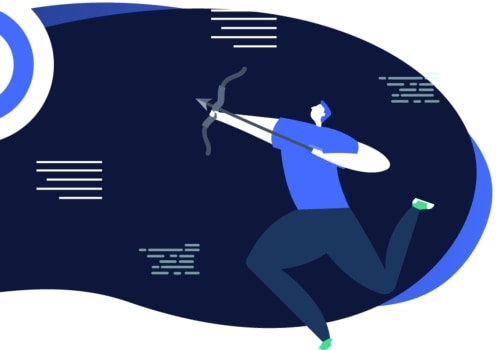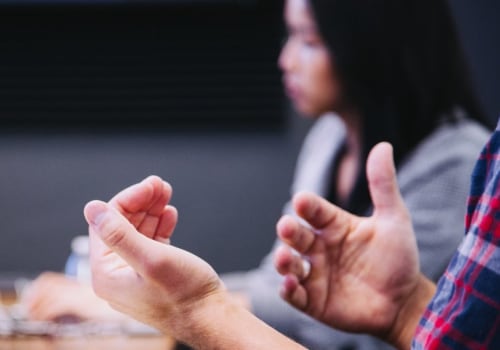Search engine optimization (SEO) is a complex and ever-evolving field. It involves a variety of techniques and strategies that can help your website rank higher in search engine results pages (SERPs). There are many different types of SEO, each with its own set of benefits and challenges. In this article, we'll explain 12 different types of SEO and how important they are to plan your organic search strategy to rank better in the organic search listings among your competitors. On-page SEO, also sometimes referred to as in-place SEO, is the process of optimizing the content of your website.
This can include body text, keywords, headings, meta titles, meta descriptions, images, and more. Incorporating on-page SEO into your marketing efforts is useful for search engines to understand the content of your site. And once Google understands your website, it can reward you by showing it for search queries it deems relevant. Off-page SEO is pretty much everything that doesn't happen on your website. Off-page SEO is all about creating exposure and trust for your company, which can ultimately lead to more visitors and sales.
Most of the off-page SEO work is focused on link building. If you don't know, link building is the practice of getting other reputable websites to link to your site. Technical SEO refers to actions taken to help search engines crawl your website and improve the user experience (UX). As search engines and their algorithms become more complex, these requirements change, which means that this type of SEO is constantly evolving. To make sure there's no problem with traceability and UX, your technical SEO efforts need to be efficient. Local SEO is a variation of SEO that focuses on a specific area, rather than a national focus.
It's about increasing your online presence in your community and promoting your products or services to local customers. Some ways you can improve your local SEO include writing custom local landing pages, optimizing your local profiles, spamming Google Maps, creating local links, and much more. Effective on-page SEO is based on high-quality informational content. And it's not just slightly informative content that's really going to rank well; it has to solve problems that no other page is solving (or, at least, solving those problems better than other available resources). The information you share has to be first class.
Rand Fishkin, of Moz's fame, says it should be ten times better than other content out there. And that's no joke; if your content is getting absolutely everything else out of the water, it's going to rank very well. The most important part of on-page SEO is making sure that your content is amazing. But there are many other factors involved in getting a page to rank well in search results. The example I gave earlier – keywords – is important.
If you're writing a detailed article on a topic, you're going to include a lot of relevant and related keywords. But making sure those keywords are fully optimized to meet your goals can give your SEO a big boost. But on-page SEO goes beyond words. Having a site that is easy for visitors to navigate is also important; if your visitors want additional information but it's hard to figure out where it is, they're not likely to stick around to find out. Good design is also crucial.
In short, you should focus on providing a good user experience in all aspects. If it seems like almost everything is included in on-page SEO, it's because it's a huge factor, and doing it right is very important. A lot of this optimization is user-centric, and that's who you're trying to attract; so it's very important to do it right. Defining off-page SEO is a little more difficult. The first and possibly the most important part of off-page optimization is link building. This is a big part of SEO, and it's also one of the most difficult.
Getting links to your site helps attract visitors and shows Google that other people on the Internet value your content and that your site has authority. Building positive relationships with bloggers, journalists, social media personalities and the people behind websites similar to yours are positive off-page SEO practices. Commenting on other blogs can be useful. Guest blogs are still a popular method of off-page SEO. Hanging out on Reddit and relevant forums can also help. A lot of this may not seem like SEO but that's because you've focused on on-page signals; SEO really has a lot to do with your overall online presence, and off-page SEO focuses on that.
It's often more about you as a content creator than your own content. Some people classify technical SEO as a subset of on-page SEO but here we'll treat it as a single type. Technical SEO, in short, is related to on-page factors but it has to do with things that happen behind the scenes. Effective local positioning isn't easy so local SEO should be a high priority for local businesses. App store optimization is very similar to on-page SEO. While it's not always clear what factors are used in app store search algorithms there are fewer factors you can influence so you should focus on them. You could argue that there is also a case in favor of optimizing the off-page app store; if you can create a lot of links to your app the app store may rank it higher in searches. It's often more about you as a content creator than your own content. Some people classify technical SEO as a subset of on-page SEO but here we'll treat it as a single type. Technical SEO, in short, is related to on-page factors but it has to do with things that happen behind the scenes. Effective local positioning isn't easy so local SEO should be a high priority for local businesses. App store optimization is very similar to on-page SEO. While it's not always clear what factors are used in app store search algorithms there are fewer factors you can influence so you should focus on them. You could argue that there is also a case in favor of optimizing the off-page app store; if you can create a lot of links to your app the app store may rank it higher in searches.
This is likely to be part of a broader SEO effort for your entire business but this may be done specifically for an application. Like app store optimization YouTube SEO is a kind of niche optimization but it can make a big difference to the amount of traffic you receive. Many people don't realize that YouTube is one of the most popular search engines in the world and that ranking highly for popular searches there can be absolutely gold.











